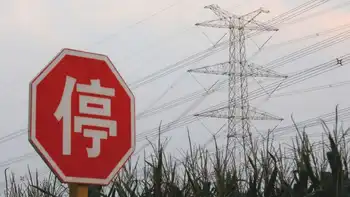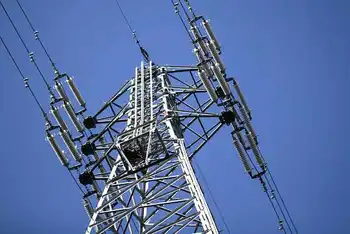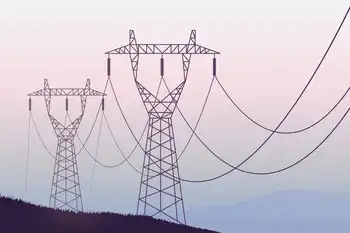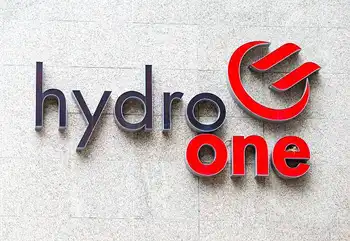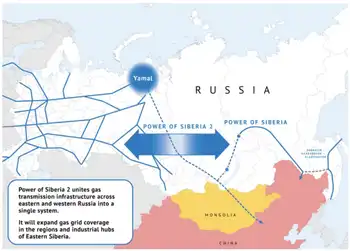Nations eye IndiaÂ’s vast nuclear market
By Christian Science Monitor
Substation Relay Protection Training
Our customized live online or in‑person group training can be delivered to your staff at your location.

- Live Online
- 12 hours Instructor-led
- Group Training Available
The 86-to-13 vote to resume civilian nuclear trade with India for the first time since 1974 is a signature diplomatic achievement for the Bush administration, cementing ties with a nation seen as a counterweight to China.
But it is also a major piece of business. In 20 years, India aims to increase its nuclear power 10-fold, and will rely on international businesses to do it.
Prime Minister Manmohan Singh struck a deal to open nuclear trade with France – a deal the Indian Chamber of Commerce estimates to be worth $29 billion. Russia is already helping India build two reactors.
Before the vote, American business leaders were worried about being left behind. They estimate that the deal could create 200,000 jobs in the U.S. and revive an industry that has not built a new plant in the United States for a decade.
India's plans involve "a huge amount of money," says Ted Jones of the U.S.-India Business Council. "Even a modest slice of it is huge."
President Bush is expected to sign the bill into law. Secretary of State Condoleezza Rice will visit Delhi to mark the finalization of the deal, which was first proposed in 2005.
Since then, the U.S. and India have had to convince the world that India is a trustworthy nuclear steward. Until last month, countries that sold civilian nuclear technology to India were subject to sanctions as India hadn't signed the Nuclear Non-Proliferation Treaty.
But with the Nuclear Suppliers Group (NSG) last month lifting the ban on civilian nuclear trade with India, other nations have begun to move in. France was first, with its deal September 30. The same day, Mr. Singh told a gathering of European business leaders that he hoped to conclude similar deals across the continent.
Russia is already working in India after signing a deal before Russia joined the NSG. Ministers in both nations have already discussed substantially increasing Russia's input in India's nuclear industry.
The opportunities presented by India are alluring. Currently, nuclear reactors in India produce about 3,500 megawatts of electricity – 3 percent of the country's total power output. But on average, India's energy demands exceed its supply by about 12 percent, making power outages ubiquitous and threatening economic growth. Nuclear power is seen as a key part of the solution. By the mid-2020s, India wants 30,000 to 60,000 megawatts of nuclear power.
India will have to look abroad to meet these goals, says Sudhinder Thakur, director of corporate planning for the Nuclear Power Corporation of India Ltd., a state-owned business that runs India's nuclear power plants. The best Indian reactor currently under design can produce 700 megawatts. The top international reactor produces more than 1,600 megawatts.
The list of businesses capable of building nuclear reactors is short. It includes French company Areva, Russian state-owned enterprises, and two U.S.-based operations: General Electric and Westinghouse.





